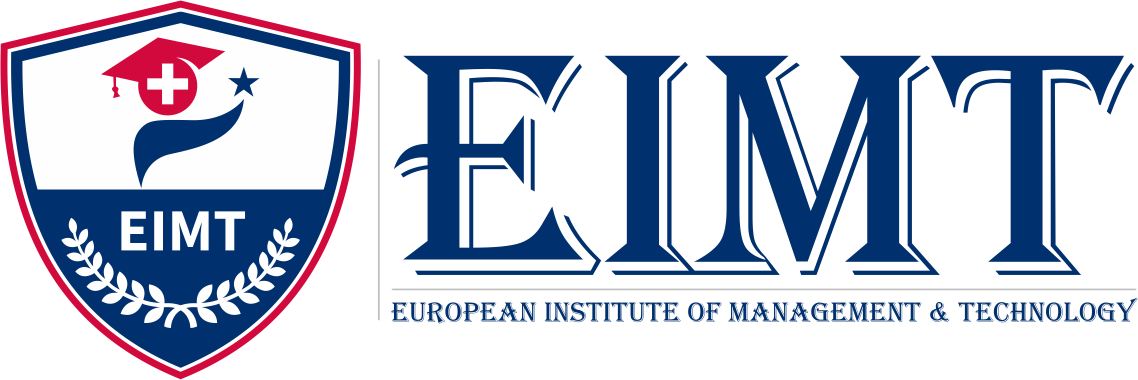
PG Diploma in Legal Studies
- Home
- PG Diploma in Legal Studies
Program Overview
-
12 Months online Program.
-
Online court proceedings demo classes.
-
Highly Qualified Industry/Law Experienced Faculties.
-
Get a holistic and strategic understanding of the Law industry.
-
Discover the latest Law business and industry trends.
Achieve Your Dream
Postgraduate Diploma in Legal Studies
If you want to pursue legal studies but already have an undergraduate degree in another field, our online PGDL is the road to legal practice for you. Many companies respect the combination of a non-law undergraduate area of specialization paired with thorough training in essential legal ideas and legal abilities in an increasingly competitive legal employment market. You will have learned numerous transferrable abilities by studying another degree topic and pursuing a profession in another discipline. By deciding on law later in life, you demonstrate the desire and perseverance to pursue a new career. You will receive frequent online help and comments on your work from one of our qualified legal instructors as part of the online PGDL. You'll get access to world-class learning resources, as well as our innovative online engagement techniques and unrivaled online instructor supervision and assistance. We've made certain parameters so that you'll have access to extensive online learning materials as well as lots of expert tutor support, giving you essential information and practical skills so you know what to anticipate in real-life scenarios.
